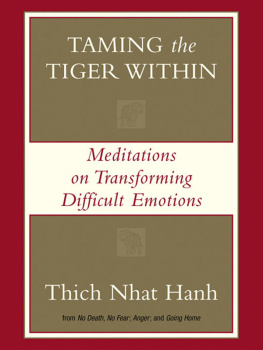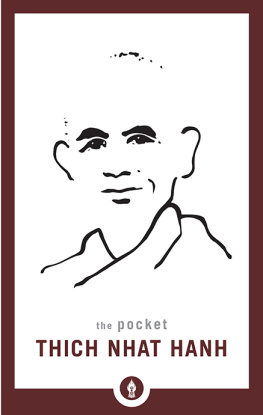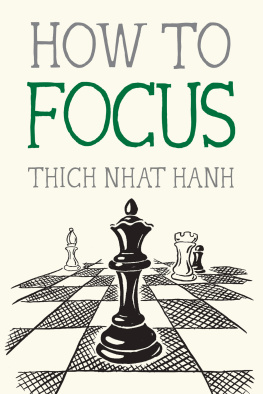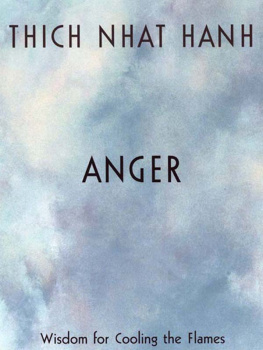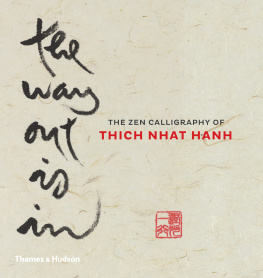THE BERKLEY PUBLISHING GROUP
Published by the Penguin Group
Penguin Group (USA) Inc.
375 Hudson Street, New York, New York 10014, USA
Penguin Group (Canada), 10 Alcorn Avenue, Toronto, Ontario M4V 3B2, Canada (a division of Pearson Penguin Canada Inc.)
Penguin Books Ltd., 80 Strand, London WC2R 0RL, England
Penguin Group Ireland, 25 St. Stephens Green, Dublin 2, Ireland (a division of Penguin Books Ltd.)
Penguin Group (Australia), 250 Camberwell Road, Camberwell, Victoria 3124, Australia (a division of Pearson Australia Group Pty. Ltd.)
Penguin Books India Pvt. Ltd., 11 Community Centre, Panchsheel Park, New Delhi110 017, India
Penguin Group (NZ), cnr Airborne and Rosedale Roads, Albany, Auckland 1310, New Zealand (a division of Pearson New Zealand Ltd.)
Penguin Books (South Africa) (Pty.) Ltd., 24 Sturdee Avenue, Rosebank, Johannesburg 2196, South Africa
Penguin Books Ltd., Registered Offices: 80 Strand, London WC2R 0RL, England
Portions of this book first appeared in Anger; No Death, No Fear; and Going Home.
Copyright 2004 by Unified Buddhist Church
Cover design by Elizabeth Connor
Cover photo of author by Karen Hagen Liste, courtesy Parallax Press, Berkeley, California
Book design by Amanda Dewey
All rights reserved.
No part of this book may be reproduced, scanned, or distributed in any printed or electronic form without permission. Please do not participate in or encourage piracy of copyrighted materials in violation of the authors rights. Purchase only authorized editions.
RIVERHEAD is a registered trademark of Penguin Group (USA) Inc.
The RIVERHEAD logo is a trademark of Penguin Group (USA) Inc.
First Electronic edition: July 2005
ISBN: 978-1-1012-1731-3
Making or distributing electronic copies of this book constitutes copyright infringement and could subject the infringer to criminal and civil liability.
www.penguinputnam.com
OTHER BOOKS BY THICH NHAT HANH
No Death, No Fear
Anger
Going Home
Living Buddha, Living Christ
Fragrant Palm Leaves
Being Peace
The Blooming of a Lotus
Breathe! You Are Alive
Call Me by My True Names
Cultivating the Mind of Love
For a Future to Be Possible
The Heart of the Buddhas Teaching
The Heart of Understanding
The Long Road Turns to Joy
Love in Action
The Miracle of Mindfulness
Old Path, White Clouds
The Path of Emancipation
Peace Is Every Step
Present Moment, Wonderful Moment
The Sun My Heart
Touching Peace
Transformation and Healing
Thich Nhat Hanh
Edited by Pritam Singh
Selections from
No Death, No Fear
Anger
and Going Home
PART I
From Anger to Compassion

1.
Recognition

O ne of the main causes of our suffering is the seed of anger inside of us.
R ecognize and embrace your anger when it manifests itself. Care for it with tenderness rather than suppressing it.
W e are more than our anger, we are more than our suffering.
W hy do you get angry so easily? Is it because your seed of anger is too strong?
I f you get angry easily, it may be because the seed of anger in you has been watered frequently over many years, and unfortunately you have allowed it or even encouraged it to be watered.
M any other people, confronted with the same situation, would not get angry like you. They hear the same words, they see the same situation, and yet they are able to stay calm and not get carried away.
A nger has roots in nonanger elements. It has roots in the way we live our daily life. If we take good care of everything in us, without discrimination, we prevent our negative energies from dominating. We reduce the strength of our negative seeds so that they wont overwhelm us.
B efore we can make deep changes in our lives, we have to look into our diet, our way of consuming. We have to live in such a way that we stop consuming the things that poison us and intoxicate us. Then, we will have the strength to allow the best in us to arise, and we will no longer be victims of anger, of frustration.
L ook at someone who is angry. When you see the tension in her, you become frightened, because the bomb in her may explode any minute.
W henever anger comes up, take out a mirror and look at yourself. When you are angry, you are not very beautiful, you are not presentable. Hundreds of muscles on your face become very tense. Your face looks like a bomb ready to explode.
W hen you see your face looking like a bomb ready to explode, you are motivated to do something to change it. You know in your heart what you can do to look more beautiful. You dont need cosmetics. You need only to breathe peacefully, calmly, and to smile mindfully. If you can do that one or two times, you will look much better. Just look in the mirror, breathing in calmly, breathing out smiling, and you will feel relief.
I t is very helpful to see yourself in moments when you are angry. It is a bell of mindfulness.
A nger always goes together with confusion, with ignorance.
A nger is born from ignorance and wrong perceptions. You may be the victim of a wrong perception. You may have misunderstood what you heard and what you saw. You may have a wrong idea of what has been said, what has been done.
E very one of us must practice looking deeply into our perceptions, whether we are a father, mother, child, partner, or friend.
O ur body is impermanent, our emotions are impermanent, and our perceptions are impermanent. Our anger, our sadness, our love, our hatred, and our consciousness are also impermanent.
A nger and love are both of an organic nature, and thus they both can change. Hate can always be transformed into love. And unfortunately, many times love is transformed into hate.
M any of us begin a relationship with great love, very intense love. So intense that we believe that, without our partner, we cannot survive. Yet if we do not practice mindfulness, it takes only one or two years for our love to be transformed into hatred. Then, in our partners presence we have the opposite feeling, we feel terrible. It becomes impossible to live together anymore, so divorce is the only way. Love has been transformed into hatred; our flower has become garbage.
I f you see elements of garbage in you, such as fear, despair, and hatred, dont panic. As a good organic gardener, a good practitioner, you can face this: I recognize that there is garbage in me. I am going to transform this garbage into nourishing compost that can make love reappear.
J ust because anger or hate is present does not mean that the capacity to love and accept is not there; love is always in you.
I n a time of anger or despair, even if we feel overwhelmed, our love is still there. Our capacity to communicate, to forgive, to be compassionate is still there. You have to believe this. We are more than our anger, we are more than our suffering. We must recognize that we do have within us the capacity to love, to understand, to be compassionate, always.

2.
Care of Anger

T he Buddha never advised us to suppress our anger. He taught us to go back to ourselves and take good care of it.
I ts not healthy to keep your anger inside for long. I always advise my friends, Do not keep your anger to yourself for more than one day.
A s practitioners, we have to be anger specialists. We have to attend to our anger; we have to practice until we understand the roots of our anger and how it works.
Next page
